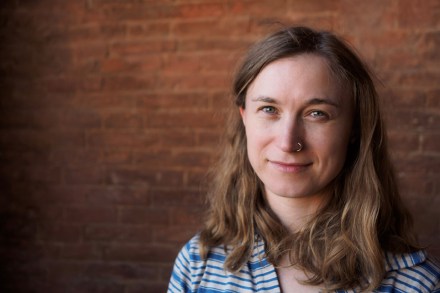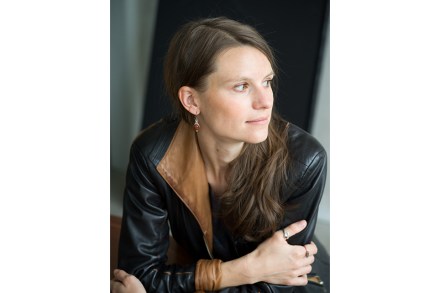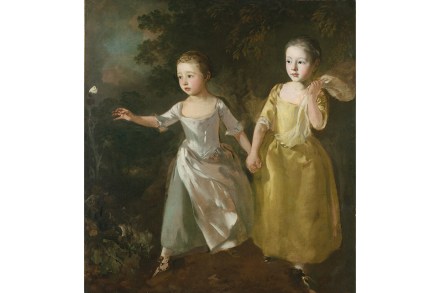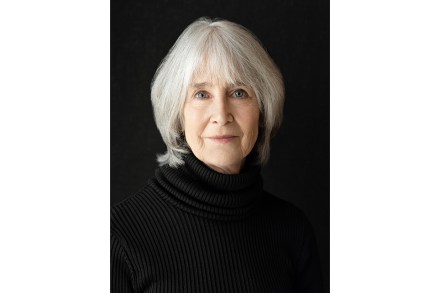Garbriel García Márquez has been ill-served by his sons
I blame Kafka. When he died in 1924, the vast majority of his imaginative work remained unpublished, including three novels and a substantial number of remarkable short stories. He left instructions, however, for Max Brod, his literary executor, that all his unpublished work should be destroyed. Brod ignored this, and brought some classics of German literature into print after the author’s death. He sensibly concluded that if Kafka had been serious about wanting his work destroyed he wouldn’t have appointed Brod as literary executor in the first place. Much of the story seems like something that floated into Márquez’s head and then drifted off The case was a good one;





















